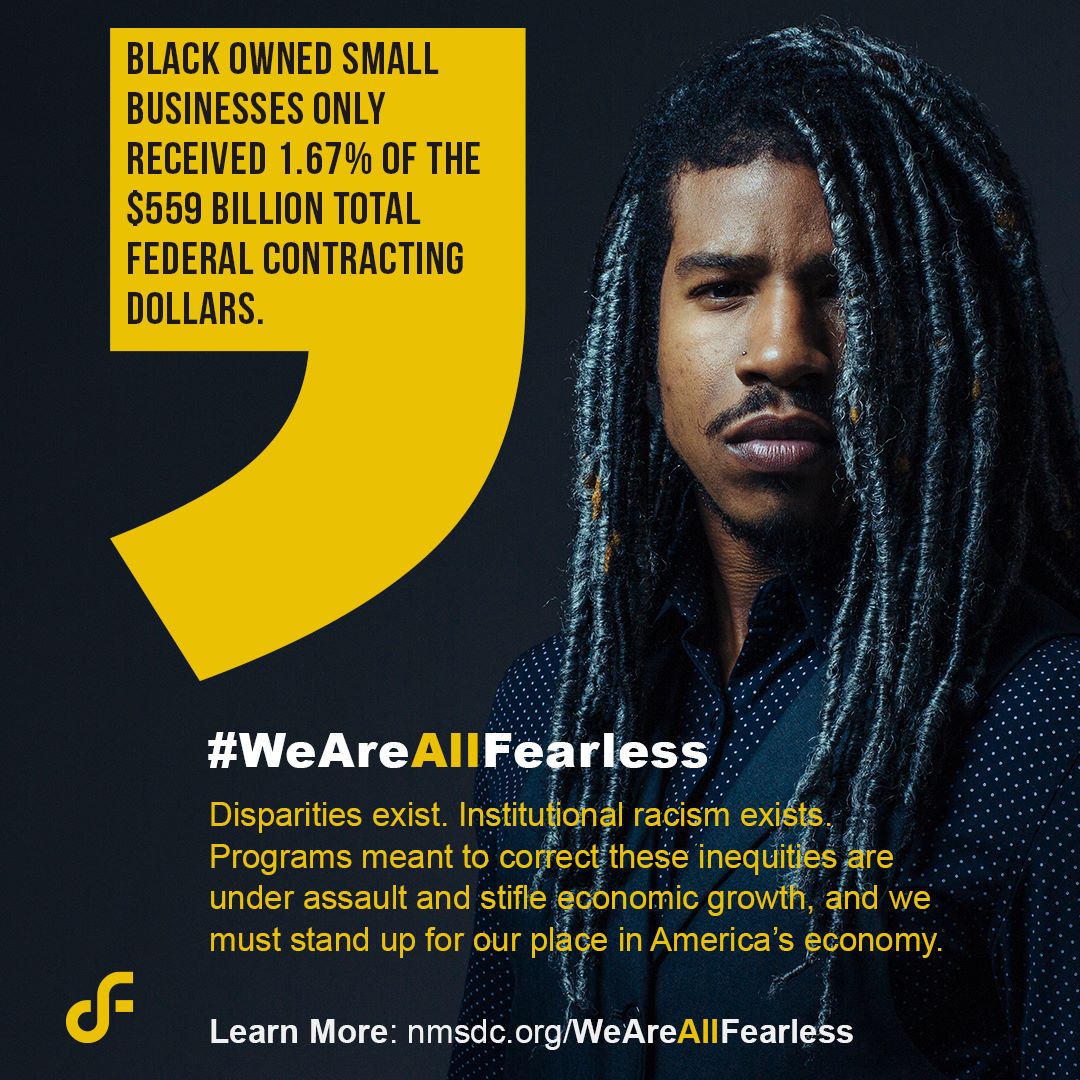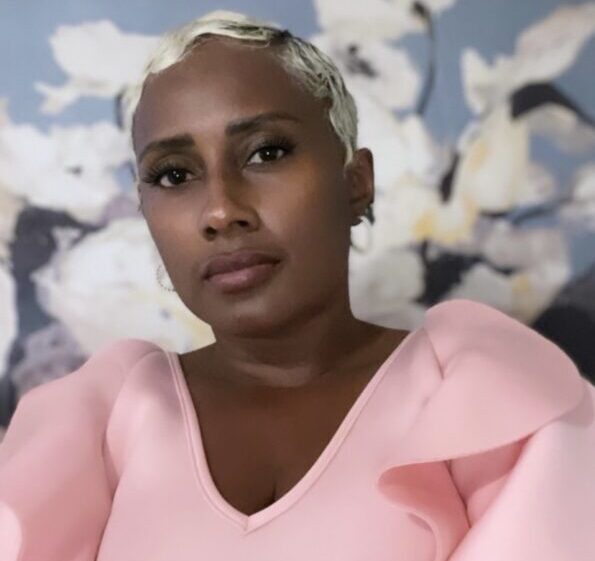There are two ways of dealing with the uptick of lawsuits against diversity, equity and inclusion (DEI) programs since affirmative action was struck down by the Supreme Court in June. It basically comes down to fight or flight: Companies and organizations can either change the wording, so that their programs intended to help level a very uneven playing field are open to people already benefiting from social inequity, or they can stand their ground.
President Ayanna Khan of the Delaware Black Chamber of Commerce, like other Black Chamber leaders, is not about to water down her organization’s mission.
“We have to stand,” Khan told Technical.ly. “Literally stand our ground and support underrepresented entrepreneurs. We have to do that. It’s our role and our responsibility to promote diversity in the business world.”
One of the most high-profile lawsuits, especially from the perspective of organizations like Black Chambers of Commerce, is the Fearless Fund lawsuit. In August, the far-right American Alliance for Equal Rights sued the Atlanta venture capital firm, which invests in women of color. The fund, run by four Black women, began in reaction to stats showing that Black women receive less than 1 percent — 0.35% in 2022 — of VC funding across the board.
The case is currently awaiting its next day in court, possibly in January, with grants temporarily paused. But despite that setback, the anti-DEI lawsuits, which have also targeted law firms and corporations, have not ended DEI in practice.
In fact, on Nov. 17, Georgia Congresswoman Nikema Williams introduced the bipartisan Minority Entrepreneurship Grant Program Act of 2023 to invest in entrepreneurs at minority-serving institutions (MSIs) such as HBCUs. That program, if it passes, will be created with the Small Business Administration and will provide grants starting at $250,000 for student entrepreneurs.
While HBCUs — like Black Chambers — do not exclude students or founders of any race, the word “Black” in a name is a hot button that causes reactions ranging from discomfort to rage.
“Listen, I can write a book about this,” said Khan. “I’ve had people tell me to change the name [of the Delaware Black Chamber]. You know, ‘Why is it Black?’ — Why does the word Black offend you? You need to address that in turn, because we’re not changing our name. We’re unapologetically Black. However, we are addressing small business initiatives and, regardless, we are inclusive.”

Some law firms, either facing a lawsuit or trying to avoid one, have changed program criteria to remove the DEI aspect. Whether they’re just changing the wording for show or actually backing away from DEI, it has an impact.
But so does not caving in: Fearless Fund’s supporters include The National Minority Supplier Diversity Council (NMSDC), which launched a fundraising partnership with the Fund. Called #WeAreAllFearless, the social media-based campaign spreads awareness and raises funds for Fearless Fund’s nonprofit, which provides education, mentorship and capital to female entrepreneurs of color.
“Our mission aligns with the Fearless Fund,” said Khan. “We want to bridge the gap when it comes to capital funding for people of color. They’re doing a noble thing, and we’re encouraging folks to not hinder that process, but to stand with us to address these critical issues because we don’t want history to continue to repeat itself.”







